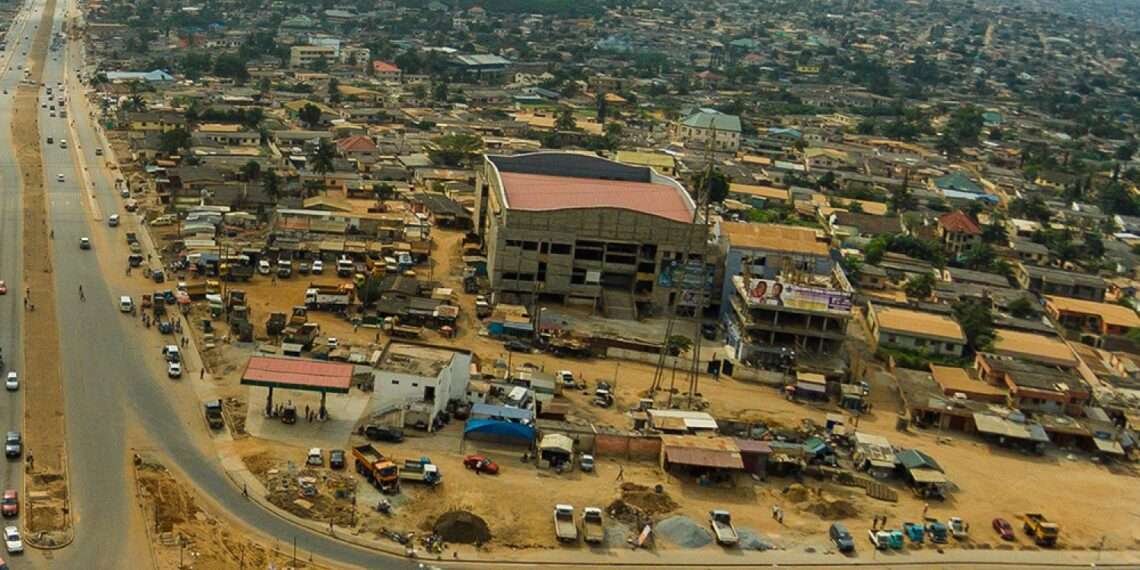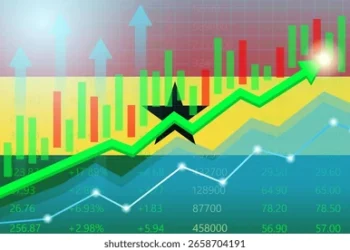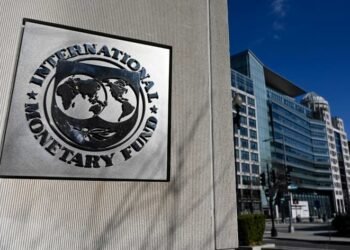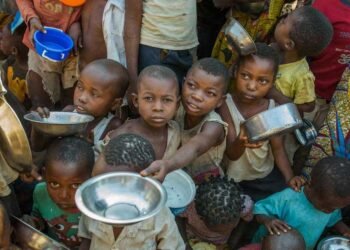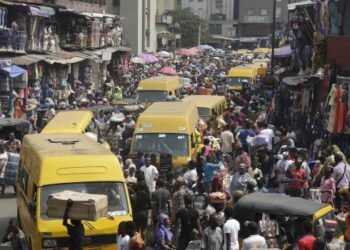Ghana has enjoyed two decades of steady growth, but the impact of the COVID-19 pandemic and the Ukraine-Russia crisis could dent economic prospects, according to a new African Development Bank report.
The 52-page report, titled ‘Transforming Ghana,’ reviewed the country’s development over the past ten years (2012–2021) and evaluated the African Development Bank’s contribution through its ‘High 5’ strategic priorities.
Ghana’s GDP per capita grew 2.3% per year on average between 2012 and 2021, according to the report, citing the country’s stable political environment as one of the major factors. Real GDP growth averaged 5.2% during the same time, causing the country to rank among Africa’s fastest-growing economies for several years.
Having achieved lower-middle income status in 2010, the population living below the poverty line fell from 24.2% in 2012 to 10.7% in 2021, the report highlighted.
“With regards to the ‘High 5s’, the Bank’s track record is impressive. In the period under review, 96,200 people gained access to electricity connections, thanks to Bank-funded projects. A further 520,000 benefited from improvements in agriculture. Around 1.24 million people have enjoyed better transport services, and 277,000 people gained access to new or improved water supplies, among other achievements”.
African Development Bank
Regarding transport, the report cited Ghana’s four-tier Pokuase road interchange, the first of its kind in West Africa which was financed from African Development Fund resources. According to the AfDB, the structure has helped ease mobility, reduced accidents and spurred trade in the country.
Ghana’s medium-term outlook
Looking ahead, the medium-term outlook is positive, with the economy projected to grow by 5.3% in 2022 and 5.1% in 2023. This may change if the Ukraine-Russia crisis is prolonged, the report warned. The report further stated that the COVID-19 pandemic and the Ukraine-Russia crisis have accentuated the need for structural transformation, citing declining mineral resources as a major concern.
At the same time, population growth and social expectations call for creating a massive number of jobs, particularly for the surging youth demographic. In this context, economic diversification is paramount, together with inclusive growth, to mitigate the country’s vulnerability to external shocks and build resilience, the AfDB recommended.
The new decade, whose beginning was marked by the COVID-19 pandemic and the Ukraine-Russia crisis, will test the country’s resilience and the inclusivity with which Ghana pursues economic and social development, the report stated.
Ghana and the African Development Bank have been partners since 1973 when the Bank approved its first project in support of the rice sector. Since then, the Bank has approved 127 projects worth $4.1 billion. The projects have concentrated on agriculture and transport, which together account for more than 50% of the Bank’s investments in Ghana.
The current active portfolio in Ghana comprises 18 operations with a total commitment of $751.5 million across various sectors. The transport sector is the largest beneficiary with 42% of total commitments, followed by agriculture (23%), and the remaining going to sectors including power and water supply and sanitation.
The current Bank’s country strategy paper for Ghana, covering the period 2019–2023, supports the country’s development goals of job creation, economic inclusiveness, and macroeconomic stability through industrialization.
READ ALSO: AfCFTA: BoG Calls For Collective Efforts To Address Barriers To Cross Border Payments

